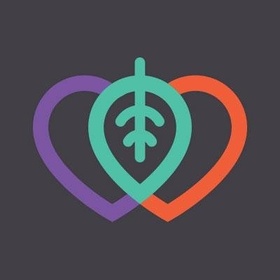Co-Occurring Disorders

Thank you to DrugRehab.com, a web resource that provides information about addiction and mental health issues, which replied to last week’s post. Please see below to learn more about depression and how it often occurs along with a substance use disorder.
In general, health care professionals typically classify depression as mild, moderate or severe. Individuals suffering from depression experience similar symptoms, which can change in severity or duration depending on the particular type of depression with which they were diagnosed. People who have clinical (or major) depression confront difficulties in their ability to work, eat, sleep and feel pleasure. Some experience major depression once in their life, while others endure multiple occurrences of it. Those affected by persistent depressive disorder feel depressed for two years or longer, suffering from multiple major depression episodes while their feelings in between them may fluctuate. With psychotic depression, individuals have depression and some form of psychosis, such as delusions, hallucinations and/or troubling thoughts.
Symptoms, such as memory problems, can vary at different points in individuals’ lives and/or during subsequent episodes of depression. Biological, environmental, psychological and social factors all contribute to depression, along with traumatic life events, such as losing a job or personal relationship. Itself a physical illness, depression affects areas of the brain that control appetite, behavior, mood and sleep.
Individuals who suffer from depression often turn to alcohol or illicit drugs to self-medicate and end up developing another dangerous condition. Studies show that approximately 20 percent of Americans with an anxiety or mood disorder, such as depression, have an alcohol or other substance use disorder. Misusing substances also can lead to depression. Sadly, chemical intoxication frequently makes episodes of depression, including symptoms like hopelessness, lethargy, and sadness, more severe.
Co-occurring disorders (previously known as dual diagnoses) are when an individual has a co-existing mental illness and a substance use disorder. The most effective way to handle this diagnosis is to treat both disorders at the same time. Medical professionals may recommend eating healthy, exercising, avoiding certain situations, medication and/or therapy. Cognitive behavioral therapy helps individuals change behaviors or ways of thinking that may be contributing to their depression and is also used in substance abuse recovery. Interpersonal therapy focuses on social roles and relationships.
If you have been diagnosed with depression, be aware of the risk of substance use. Choose alternative methods for dealing with stress and low moods. Regular communication with your doctor, counseling and/or peer support can help you create protective coping skills that will reduce the risk of developing a co-occuring disorder.